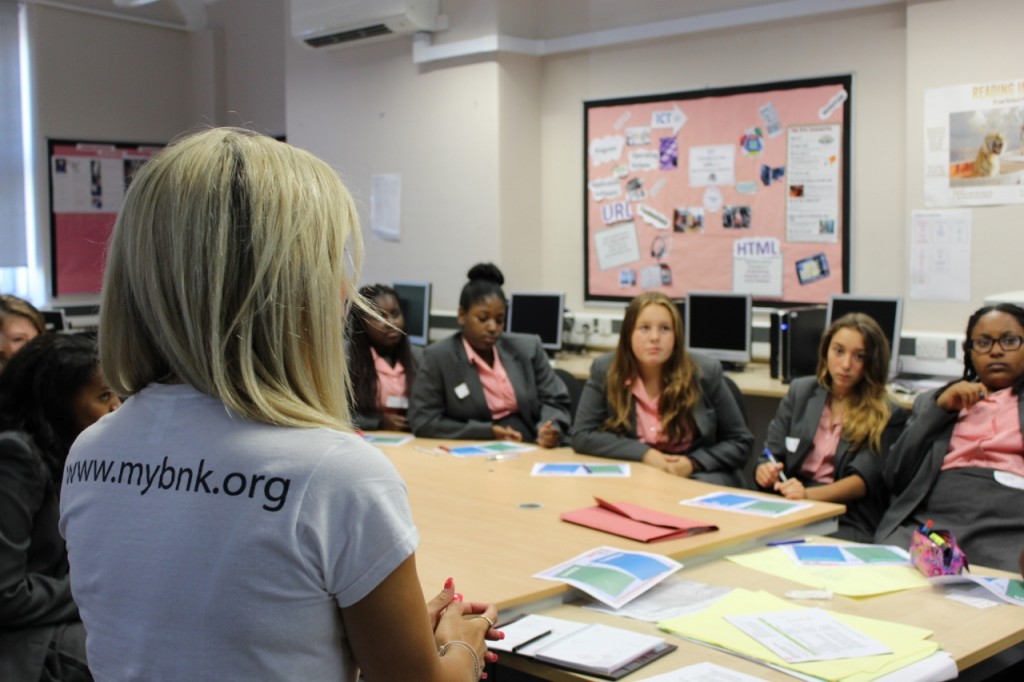 MyBnk has joined leading financial education charities expressing concern at the absence of financial education in the testing requirements for GCSE Citizenship.
MyBnk has joined leading financial education charities expressing concern at the absence of financial education in the testing requirements for GCSE Citizenship.
We were delighted that money lessons became compulsory for state schools in England, entering the national curriculum in September 2014. MyBnk’s experts mapped our programmes to the new criteria and the results are very promising.
Specifically, the curriculum states that Key Stage 4 pupils will be taught income and expenditure, credit and debt, insurance, savings and pensions, financial products and services, and how public money is raised and spent.
This month the Department for Education published the content for the GCSE Citizenship examination which only referenced how public money is raised and spent and completely ignored personal financial education. Young people will not be tested on things like budgeting, banking and interest rates.
Independently, our organisations had used the opportunity of a consultation to express the view that the GCSE specification should be wider. As a sector we are deeply concerned that the Department has ignored this. We believe the decision will hinder the stated aim to ensure pupils “are equipped with the skills to think critically and debate political questions, to enable them to manage their money on a day-to-day basis, and plan for future financial needs”.
Wider concerns
This decision also exacerbates our concerns regarding timetabling pressures, the absence of extra funding and limited specialist teacher training, all of which risks resulting in schools struggling to become experts and to deliver quality and impactful lessons.
While we accept that only a small minority of students will formally study GCSE Citizenship Studies, the absence of personal finance education in examination will influence how the subject is taught and will likely permeate to the priority and depth of lessons given to all students.
Financial education contributes greatly to Citizenship, such as learning about pensions within context of ageing population, the role of pay-day lenders and the impact on credit and debt. But the final specifications does not do this, merely granting a narrow focus to government finance.
What is next?
Th e Youth Financial Capability Group (MyBnk, IFS University College, The Money Charity, National Skills Academy) and pfeg, sent a letter to Schools Minister Nick Gibb, noting these concerns and petitioning for a revised outcome.
e Youth Financial Capability Group (MyBnk, IFS University College, The Money Charity, National Skills Academy) and pfeg, sent a letter to Schools Minister Nick Gibb, noting these concerns and petitioning for a revised outcome.
The challenge now is to make sure that relevant, unbiased and effective financial education is delivered to every young person.
Please see our letter to the Schools Minister, here.


